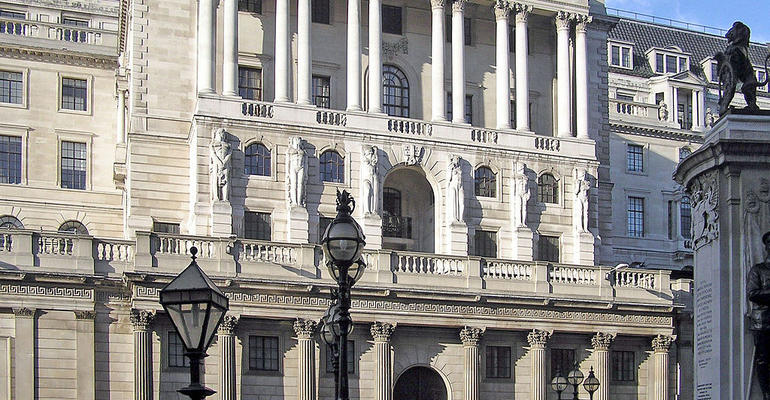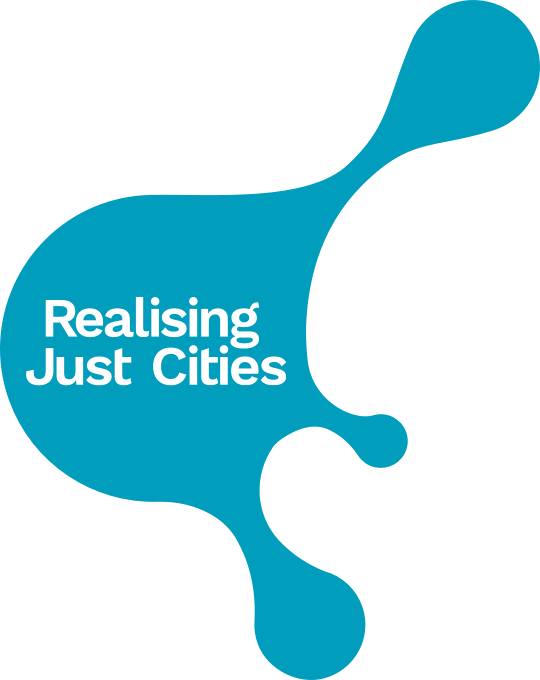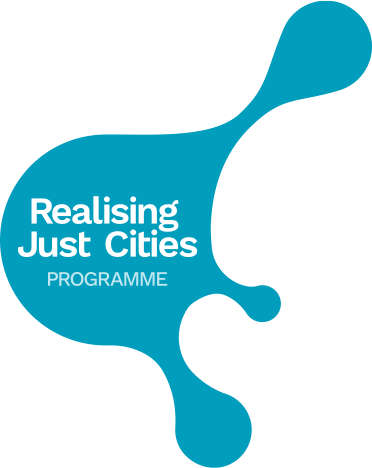Bank of England Citizen’s Panel January 2020

As part of our commitment to co-production, Jam and Justice Action Research Collective members had access to a personal knowledge exchange and impact budget to support institutional and sectoral learning and take findings back into different worlds of work and life.
Andrew Burridge drew on his allowance to attend a Bank of England Citizen's Panel on 22 January 2020. The Bank of England hold citizen engagement events in order to speak to a wider audience than banks and business. This was the second of a series of events focusing on the economy and employment. Opening statements focused on their values of “everyday views on the economy” and “economics needs to be acceptable to everyone, not just business”. This was followed by presentations from the Bank of England on their roles and table disussions on the economy, jobs and employment. Groups provided feedback to which representatives from Bank of England were able to respond.
The purpose of the event appeared to be gathering information from citizens about the topic areas. As such it felt closer to a focus group, research and engagement rather than a participative deliberative process, or co-production.
I had expected greater engagement from BoE on potential policy levers and initiatives in response to the issues identified.
Each table was facilitated and participants were mixed for the second session. Facilitators did a great job of involving everyone. For example, the initial contributions on the economy on my table were from academics or accountants, and I felt less able to contribute. I was happy listening as extremely interested points were being made. Towards the end of the discussion I was asked if I had anything to add.
However, during the second table discussion fatigue may have set in, and there was a noticeable dominance from two members of the group, who directed their comments to a third member (who smiled politely).
Participants had been recruited via a variety of adverts on social media or through charities. Over 160 people had registered for an event of approximately 40 people. The group was relatively evenly mixed re. gender and some BAME participants. During a discussion on universal credit it was clear that few had experience of accessing UC. The audience appeared predominantly university educated, liberal and remainer, and professional.
The contributions were excellent, as many of the participants had a great deal of expertise and were clear speakers. Although Brexit featured (and some minority views in support from the audience were heard) there was a general consensus in the room throughout the discussions.
The Citizen's Panel felt that the economy was not working because of:
- Increasing extreme concentration of wealth
- Risk of global recession
- Risk of Brexit and risk to the economy if UK tariff barriers are too high
- Potential pension timebomb. Less and less people have pensions, or pensions funds are not sufficient – low interest rates mean much more capital is required to finance pensions.Ageing population with care needs.
- Change in the labour market with far less concentrated labour, with weaker unions.
- Growth of the precariat.
- Regional inequalities and specific concentration of wealth and growth in London.
- Growth of homeless and foodbanks.
- Changes in technology – automation and digital changing the nature of work, impacting on retail etc.
- Less careers and more jobs – risk is being placed on the employee. Zero hours contract in the low pay economy, and commissioned self-employed work for more professional roles.
- High rent, and house prices making it difficult for young people to have stable housing.
- An overall lack of stability – despite high employment. We do not see consumption that we would expect given record levels of employment (perhaps reflecting less secure jobs).
- Climate change.
- Fundamental question about the strategy of pursuing ongoing infinite wealth.
Andrew felt that there were few policy solutions to these problems beyond using a wider set of measures than GDP to measure the economy. He summed up that it would have been interesting to explore counter-arguments to these points and to explore why if there was such a consensus in the room why was there not consensus politically.




